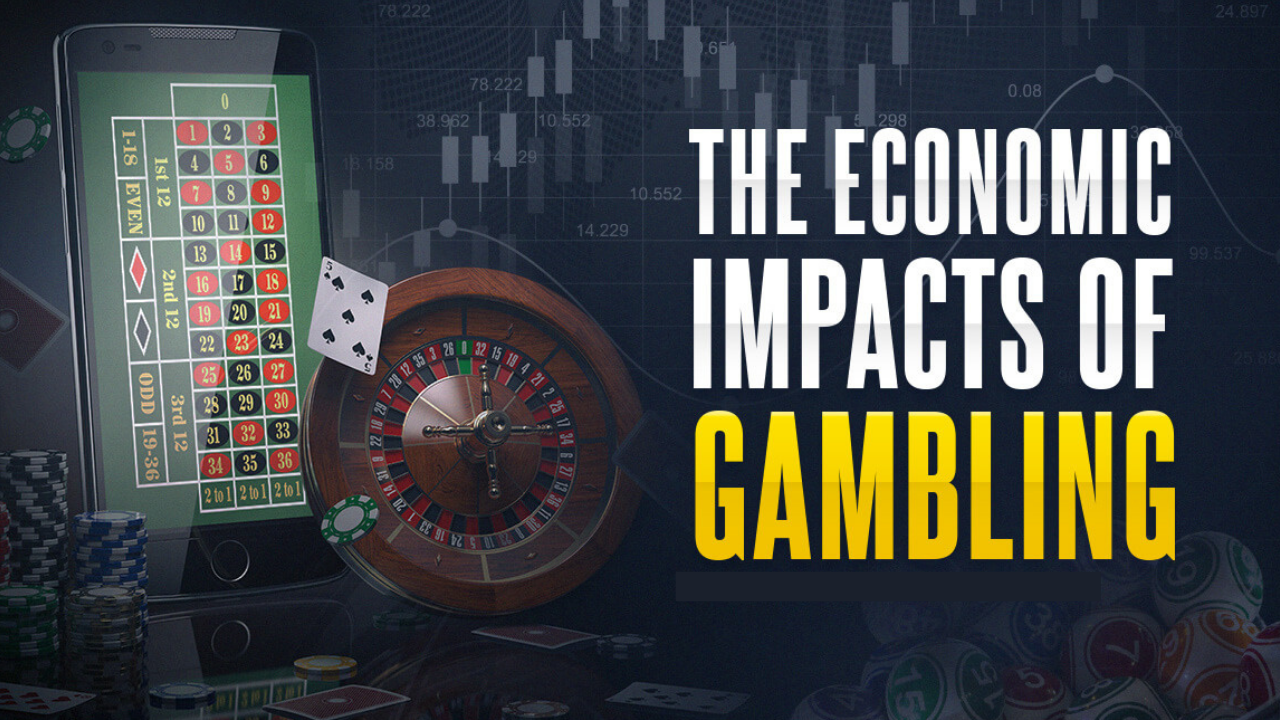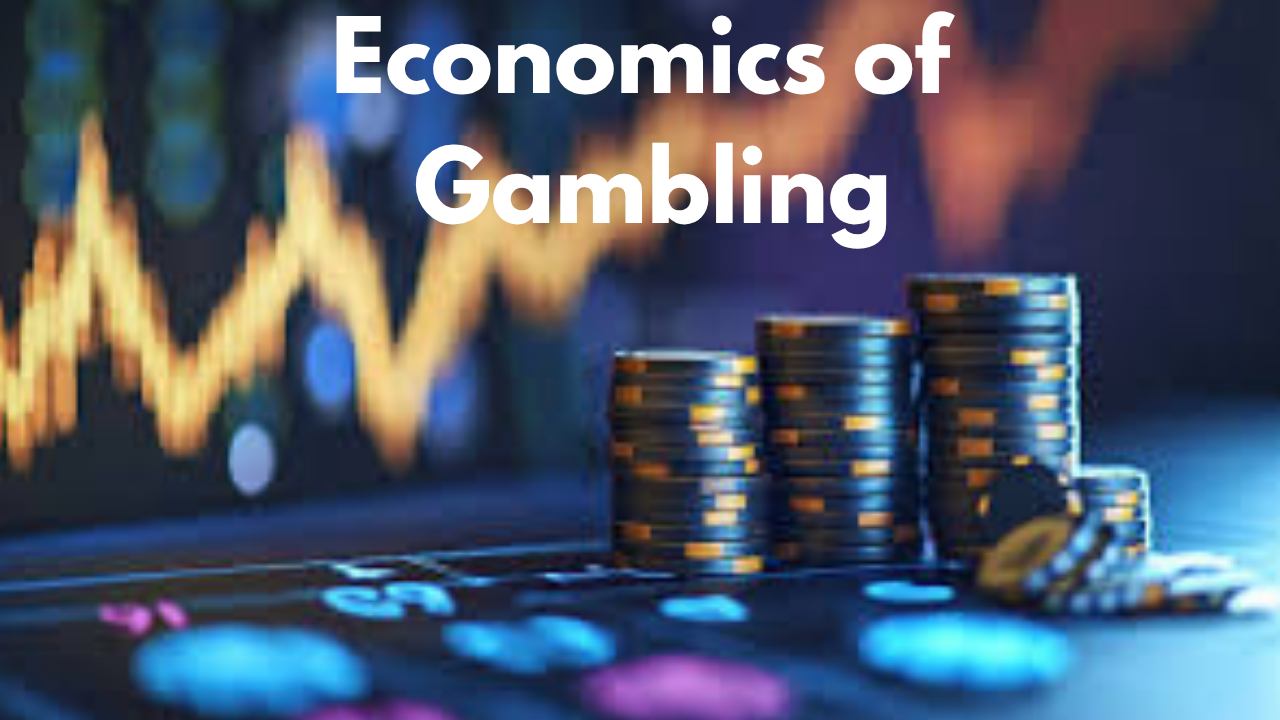Economics of Gambling looks glamorous on the surface flickering lights, jackpot sirens, sports-betting odds rolling in real time. But beneath the dazzle lies a razor-sharp business model. So, who actually takes home the money? Spoiler: it’s rarely the average player. Let’s unpack the full money trail from casinos and online sportsbooks to governments, vendors, affiliates, and even shareholders to see who’s really cashing in.
Follow the Money: The Gambling Value Chain in One Line
Players fund the system → the “House” (casinos/bookmakers/platforms) captures the edge → governments tax it → suppliers, affiliates, and shareholders collect their slice → society often absorbs hidden costs.
The House Edge: Why Casinos Almost Always Win
Ever wondered why casinos offer “complimentary” buffets and hotel rooms? Because math pays. Every casino game roulette, blackjack, slots, baccarat has a house edge baked in. Over millions of spins, deals, and bets, that tiny percentage translates into huge profits. You might win today, but over time, probability favors the house.
Sportsbooks and Exchanges: Margin, Not Magic
Sportsbooks don’t need to predict winners they balance books. By tweaking odds and taking a cut (often called the vig or overround), they profit regardless of who wins the match. Betting exchanges profit via commissions on winning bets. Either way, the platform gets paid.
Governments: Quietly the Biggest Winners
Governments love Economics of Gambling for the taxes. Whether it’s GST, point-of-consumption taxes, license fees, or duties on gross gaming revenue (GGR), the state earns billions annually. That revenue often funds public programs, but it also creates a regulatory paradox: the state profits when you gamble more.
Game Providers & Tech Vendors: The Invisible Profit Centers
Behind every flashy slot machine and live-dealer studio is a game developer or platform provider licensing content to casinos. These firms make recurring revenue via revenue-share deals or fixed licensing fees. Think of them as the Netflix of Economics of Gambling content steady money, low visibility.
Affiliates & Influencers: The Digital Pied Pipers
Comparison portals, tipster Telegram channels, YouTube reviewers many are affiliates paid for every depositing player they send to a casino or sportsbook. The more you play (and lose), the more recurring commission they earn. That’s why “best odds” and “exclusive bonus” lists are everywhere.
 Shareholders & PE Funds: Quietly Compounding Gains
Shareholders & PE Funds: Quietly Compounding Gains
Publicly listed casino groups, online betting firms, and lottery operators convert your bets into dividends and stock buybacks. Private equity-backed iGaming companies squeeze margins further with tech efficiencies. Investors don’t gamble they compound.
Local Economies: Jobs, Tourism… and Trade-Offs
Casinos can revive local economies hotels, restaurants, transport, entertainment. But the benefits are uneven. Wealth can be siphoned out to corporate HQs, while communities shoulder social costs like addiction, debt, and crime.
Problem Gamblers: The Dark Engine of Profitability
Here’s the uncomfortable truth: a disproportionate share of gaming revenue often comes from high-intensity or problem gamblers. While operators increasingly tout “responsible Economics of Gambling” tools, the business model still skews toward time-on-device and lifetime value (LTV) maximization.
Lotteries: Regressive Yet Politically Popular
Lotteries are marketed as harmless fun that “funds good causes.” But they’re also regressive lower-income players spend a higher share of their income on tickets. Governments, again, profit massively here.
Can Players Ever Profit Long Term?
Short answer: rarely. Some professional bettors, poker players, and advantage gamblers (think card counters, arbitrage bettors, or those using sophisticated models) do profit but they are statistically insignificant and often restricted or banned once identified.
Crypto Casinos & Web3 Betting: New Rails, Same Math
Crypto removes intermediaries and speeds up deposits/withdrawals. But the economics don’t change: the house edge persists, the marketing is aggressive, and anonymity can worsen problem gambling and AML (anti–money laundering) risks.
Regulation: Tightening, Fragmenting, Monetizing
From stricter KYC, deposit limits, and advertising bans to affordability checks regulators worldwide are tightening control. Yet, paradoxically, many regimes also monetize Economics of Gambling via higher taxes, new licensing frameworks, and state-run lotteries.
Who Really Profits? The Scorecard
Casinos/Bookmakers/Platforms: Big winners mathematical edge + scale.
Governments: Huge winners taxes on both players and operators.
Suppliers & Tech Vendors: Quiet winners recurring B2B revenue.
Affiliates/Influencers: Conditional winners if they can drive volume.
Shareholders: Consistent winners they own the house, not the table.
Players: Mostly losers except a tiny minority with skill, discipline, or luck.
Society: Mixed outcome jobs and taxes vs. addiction and social costs.
How to Engage Without Getting Burned
Set hard limits (time and money) before you start.
Avoid chasing losses it’s how casinos print profits.
Treat bonuses as entertainment boosters, not profit strategies.
Stick to low-edge games (e.g., blackjack with perfect basic strategy) if you must play.
Walk away when you’re ahead variance is temporary, the house edge is permanent.
Read More: Multilingual Casinos: Best Global Platforms for International Players
Conclusion
Economics of Gambling are brutally efficient. The system is designed so the house, state, suppliers, and investors profit consistently, while players especially frequent or vulnerable ones fund the machine. If you view gambling as entertainment and price it like a movie ticket or a night out, loyalty points and bonuses can soften the blow. But if you’re playing to “beat the system,” remember: the system was engineered not to be beaten.



